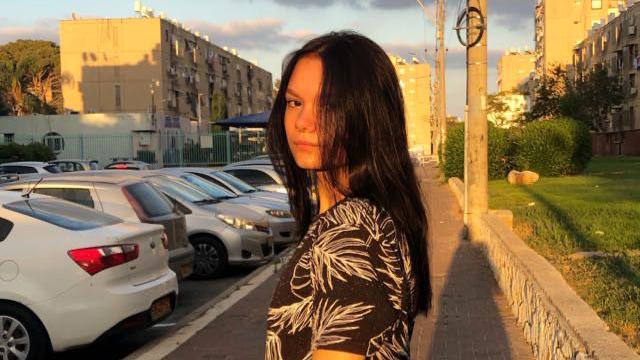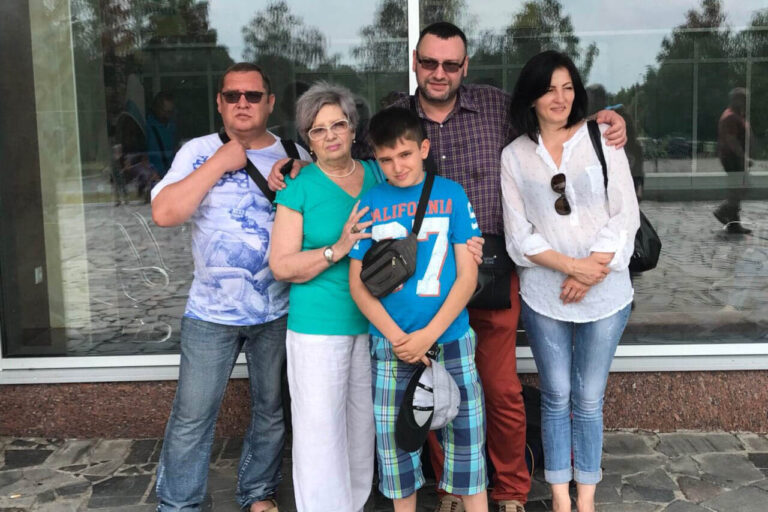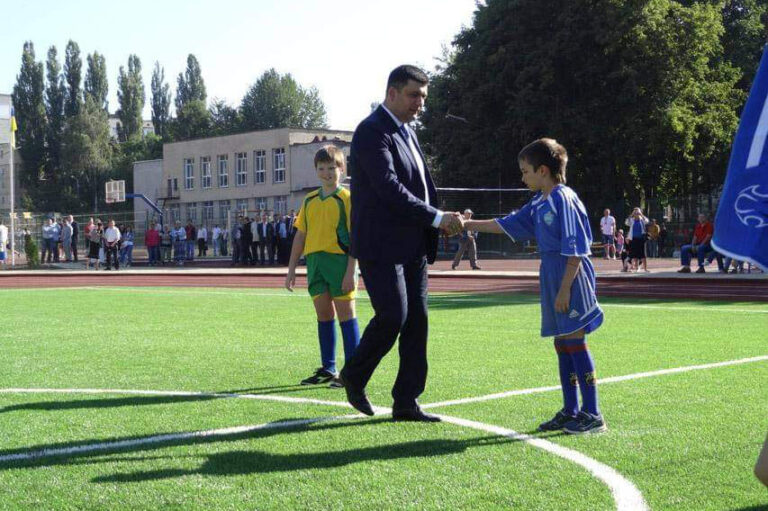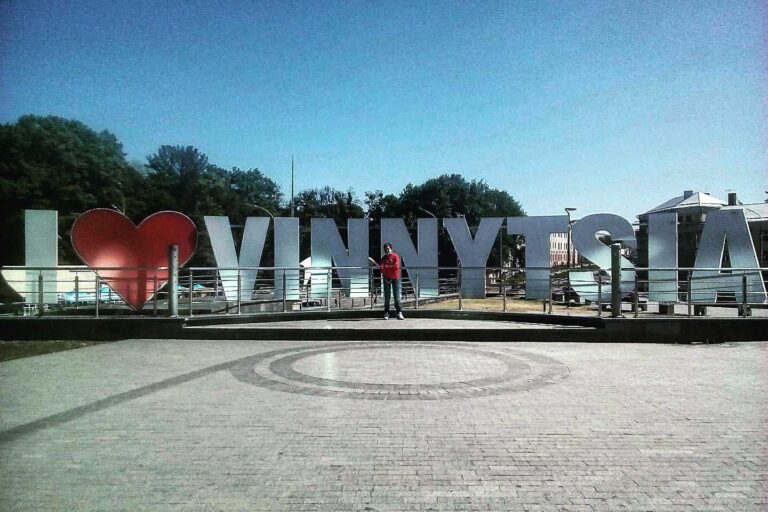
Mark and Anna are 16 years old and live in Akko, more or less average Israeli high school students. They are, however, two of around 500 thousand Israeli citizens of Ukrainian origins, having made aliyah three and a half years ago with their respective families.
In a special interview, they told Davar about their worries about friends and family, their expectations from Israel in the ongoing war, and their readiness to aid Jews who choose to make aliyah in the current difficult circumstances.
Mark, who made aliyah from the town of Vinnytsia with his parents, tells of his friends joining the Ukrainian army to fight.
“My best friend is enlisting right now; he’s 17 and going to war. He wants to serve, to defend his family,” he says.
What does it mean to be in the Ukrainian Army?
“It’s not like in Israel, you enlist and then only a year later get to go home – and even that isn’t guaranteed. I have a friend who’s been in the army for three years, and he gets to leave once every six months. Now he’s also at war, and I haven’t been able to contact him since the war started.”

“I’m in constant contact with my cousin, asking how she’s doing,” Anna tells us. She made Aliyah with her parents from Dnipro, the fourth largest city in Ukraine, though her father’s side of the family remained in Ukraine.
“It’s quiet there, but yesterday I spoke with my grandmother for an hour, and she told me that in the first hours of the war, they bombed the airport outside of my city. Everyone sees the news, either on Instagram or other social media. I’m trying to keep in touch with my friends to ask what they’re seeing and feeling, what their families are doing.”
How is your family preparing for the war?
Mark: “It’s a problem in Ukraine. My grandmother told me she doesn’t know where there are bomb shelters. It’s not like in Israel, where we have neighborhood bomb shelters or whatever.”
Anna: “In my city, they published a list of bomb shelters, but only half are functional because nobody was prepared for this. In my family’s area, there are a few bomb shelters, but they’re half are flooded with water; there isn’t anywhere safe to be when the bombs are falling and sirens blaring. I told everyone to be ready with a bag that has food, water, and identication documents.”
“I’m afraid for the country, for my family and friends, but I hope nothing happens; I hope everything will be all right.”
Mark adds that this war has thrown a wrench in his plans to visit his hometown for the first time since making aliyah.
What do you think Israel needs to do?
Mark: “Better not to send soldiers, given that the Arab countries are all on Russia’s side, and if we start helping Ukraine with military manpower it could lead to World War III. Maybe provide fiscal aid."
Anna: “I think we need to at least say that the state supports Ukraine, it helps most people know what’s going on.”
Mark: “We need to be cautious, but we can’t remain silent. This is a war the whole world knows about. We can’t not say anything.”
“We wrote to Jews in Ukraine that the gates to Israel are open, and we’re waiting for them”
Anna and Mark study together in a specialty classroom for olim at Darski high school in Akko, and they are also members of the “International Educators” cohort as part of their local youth movement branch (HaNoar HaOved v'HaLomed). Two weeks ago, together with the rest of their cohort, they wrote a letter calling on Ukrainian Jewry to make Aliyah.
“Our cohort’s leader, Nadav, said that we could write a letter because the news was saying something was about to happen. It was before the chaos started,” Anna explains. “So we wrote that the gates to Israel are open for aliyah, that we await their arrival, and that in Israel there is a whole society that wants to help.”
Mark emphasizes that “only people who want should make aliyah, we don’t want to force anyone.”
As of now, roughly 2,000 Ukrainians have arrived in Israel fleeing the war, many of them not Jewish.
If Jews heed your call and decide to make aliyah, how will you aid them?
Mark: “We will welcome them, tell them about the country, about the city, where to travel, we’ll help them be here. People in Israel are different than in Ukraine, the hardest is the different names. When I made aliyah and heard that ‘Shalev’ could be a boy’s name or a girl’s name, it was the weirdest for me.”
What do you Israeli-born friends not understand about the war in Ukraine?
Anna: “They don’t understand why it is happening, and people say very different things on television. They don’t know who to listen to and think that it’s good that Russia is doing this now. They can't understand, because they don’t have friends and family there, they’re just hearing the news.”
Mark: “The best thing is that we have people to ask what’s happening on the ground, because the news can be fake. You need to call and ask what’s actually happening. My family won’t lie.”
"Israelis also don’t understand that this war started eight ago. It was a smaller war, and then a quiet war, and now, a few days ago, it’s become a major war. Israeli-born youth don’t even know what happened a few years ago or the feelings we have about it.”
What will the end of the war look like?
Mark: “We can’t know. As they say, Putin wants to reestablish the USSR, to be recorded in history as the one who built it, but I don’t think that will happen.”
“I only just appreciated how much I love Ukraine”
The war brings back memories from the country they left only three years ago, Mark show us a childhood picture of him with the prior Ukrainian Prime Minister, whom he met during a soccer game in which he participated, and another picture with the vice-mayor of his hometown Vinnytsia.


Do you feel more Israeli or more Ukrainian in these times?
Mark: “Both. But when the war started, a few days ago, I appreciated how much I love my country Ukraine. I hadn’t felt my love for the country until then. When I made aliyah, I missed my friends and my family. That was very hard because it’s starting anew entirely, but I got used to it. And now it’s really sad what’s happening there.”
Anna: “I don’t know about Ukraine, but I love my city. I love Israel, but in these trying times, I feel just how much I love my family. And I’m trying to keep in touch with them.”
This article was translated from Hebrew by Zach Pekarsky.






